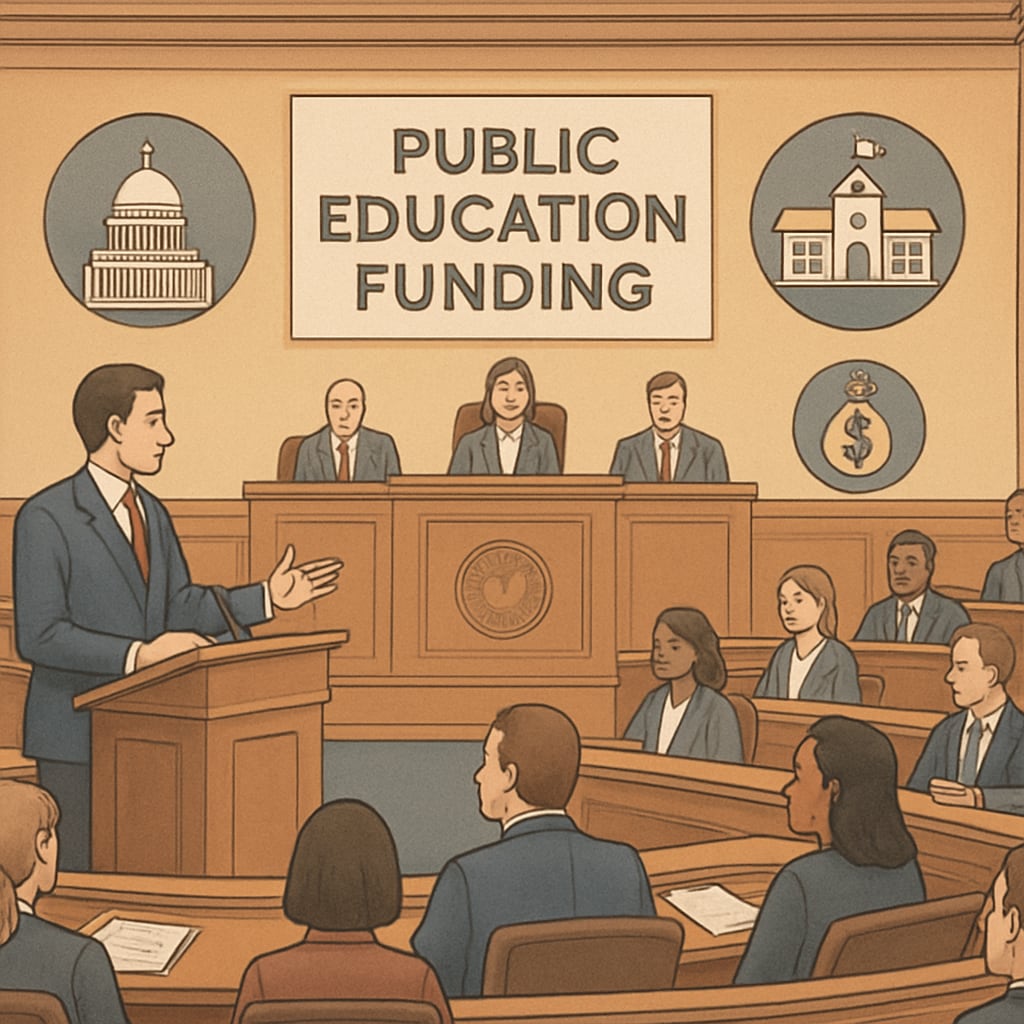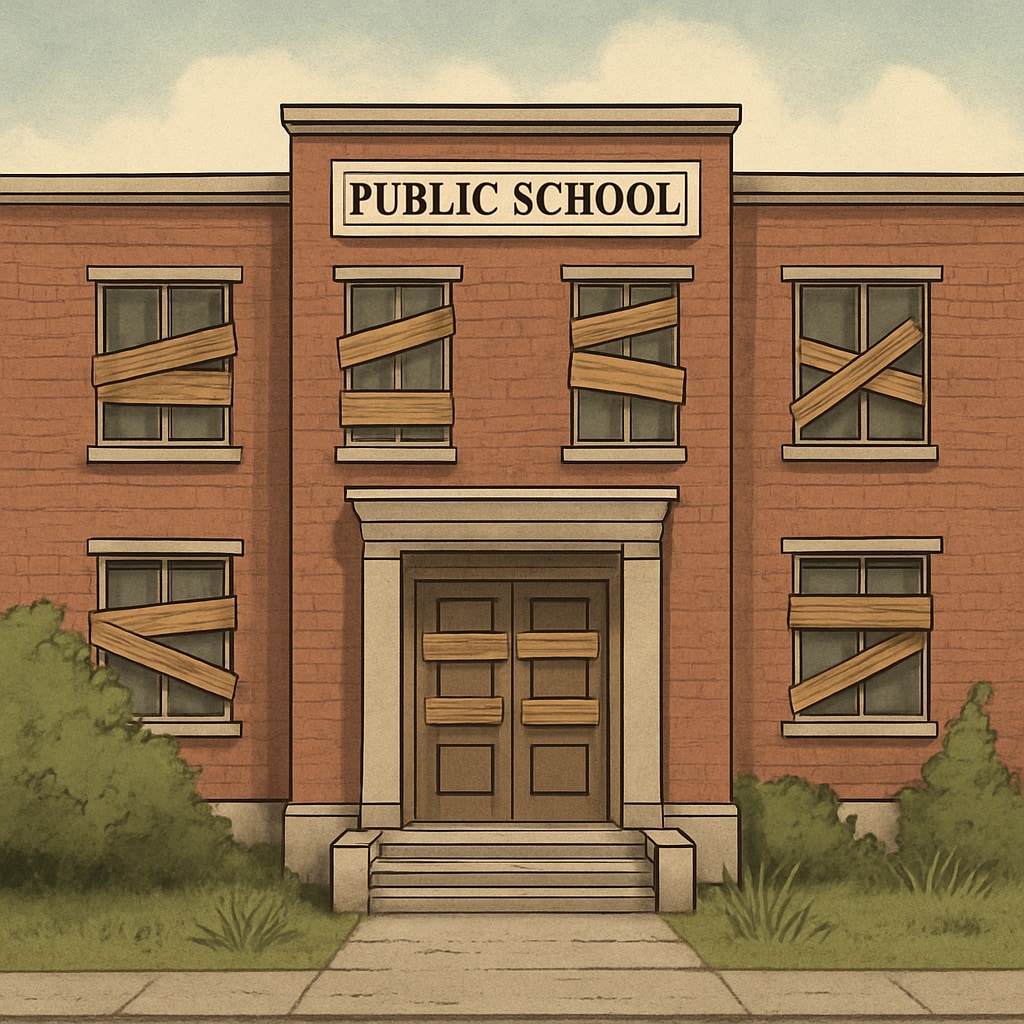Organizations like Stand For Children are increasingly influencing legislative frameworks to redirect public education funding into private institutions, undermining the foundational structure of public schools. This trend, often disguised as “education reform,” has resulted in severe consequences such as school closures, large-scale teacher layoffs, and widespread financial mismanagement. As this issue continues to unfold, many are questioning the long-term sustainability of public education and the ethical implications of such funding diversions.
The Role of Stand For Children and Legislative Manipulation
Stand For Children, a nonprofit advocating for education reform, has been a prominent player in pushing legislative policies that prioritize privatization. While their mission appears noble, the reality often paints a different picture. These policies frequently redirect federal and state funding allocated for public schools to private institutions, including charter schools and for-profit educational entities. This shift is enabled by legislation that subtly redefines funding channels without adequate public oversight.

For example, policies that promote voucher programs allow parents to use taxpayer dollars to enroll their children in private schools. While this may offer families more choices in theory, in practice, it drains vital resources from already underfunded public schools. As a result, public school systems face budget deficits that lead to staff reductions, larger class sizes, and inadequate educational resources.
Consequences for Public Education Systems
The diversion of public funds has led to devastating consequences for public schools nationwide. One immediate impact is the increased risk of school closures. Schools that serve low-income communities, already operating on limited budgets, often cannot absorb the financial losses caused by funding shifts. This leaves vulnerable populations with insufficient access to quality education, deepening societal inequities.

Moreover, teacher layoffs have become a widespread issue. According to data from the National Education Association, public schools facing budget cuts have reported significant reductions in teaching staff, forcing remaining educators to manage overcrowded classrooms and diminishing their ability to provide personalized attention to students. In addition, the lack of funds for updated materials and technology further hampers the learning environment.
Systemic Financial Abuse and Ethical Concerns
One of the most troubling aspects of this funding shift is the emergence of financial abuse and fraud within private institutions receiving public money. Investigative reports have revealed cases where charter schools and private education companies misuse funds for administrative bonuses, luxury expenses, and other non-educational purposes. This misuse of taxpayer dollars highlights the lack of accountability and transparency within privatized models.
Furthermore, the privatization of education raises ethical concerns about equity and access. Public schools are designed to serve all children, regardless of socioeconomic status, whereas private institutions often impose selective admission processes and fees that exclude disadvantaged students. This creates a two-tier education system that perpetuates inequality rather than resolving it.
Charting a Path Forward
To address these challenges, policymakers and advocates must prioritize transparency and accountability in education funding. Some potential solutions include:
- Implementing stricter audits on private institutions receiving public funds.
- Reevaluating voucher programs to ensure they do not disproportionately harm public schools.
- Increasing investment in public education to support underfunded schools and regions.
Additionally, public awareness campaigns can help educate communities about the consequences of privatization and encourage civic engagement in policy decisions. By promoting equitable funding policies and safeguarding resources for public schools, stakeholders can work toward a more inclusive and sustainable education system.
In conclusion, while organizations like Stand For Children claim to champion education reform, their actions frequently undermine public education’s stability and accessibility. Addressing this issue requires a collective effort to hold private institutions accountable, defend public schools, and ensure that every child has access to quality education regardless of their background.


